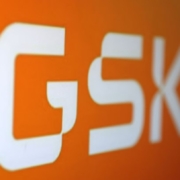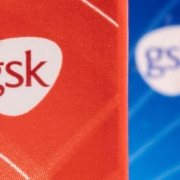GSK wins broad label expansion for Jemperli in first-line endometrial cancer
GSK wins broad label expansion for Jemperli in first-line endometrial cancer
The FDA on Thursday signed off on an expanded label for GSK’s PD-1 inhibitor Jermperli (dostarlimab), opening up its frontline use for all adult patients with primary advanced or recurrent endometrial cancer.
The approval—which comes weeks before the FDA’s target action date of Aug. 23—makes Jemperli the “first and only” immuno-oncology therapy to demonstrate a “significant and meaningful improvement in overall survival” in this indication, Hesham Abdullah, GSK’s global head of oncology R&D, said in a statement.
Under the expanded label, Jemperli can now be used in conjunction with chemotherapy with carboplatin and paclitaxel to treat primary endometrial cancer patients with advanced or recurrent disease, regardless of their biomarker status. In particular, the PD-1 blocker is now accessible to patients who have mismatch repair proficient (MMRp) or microsatellite stable (MSS) tumors, who “represent majority of endometrial cancer cases,” according to GSK.
“We are thrilled this option is now available for more patients in the U.S., including the 70% to 75% with MMRp/MSS tumors where treatment options have been limited,” Abdullah said.
Thursday’s approval is supported by data from the first part of the Phase III RUBY trial, which demonstrated significant improvements in progression-free survival and overall survival (OS) associated with the PD-1 inhibitor. Patients who were treated with the Jemperli-based regimen saw a 31% drop in the risk of death versus chemotherapy alone.
The median OS was also greater by 16.4 months in patients who received the Jemperli combo versus chemotherapy alone.
Jemperli, an intravenous PD-1 inhibitor that restores the body’s anti-tumor immune response, was first approved in April 2021 for endometrial cancer patients with mismatch repair deficient (dMMR) tumors. The therapy has since undergone a handful of expansions, including one in August 2023 that pushed it to the first-line setting in this indication.











